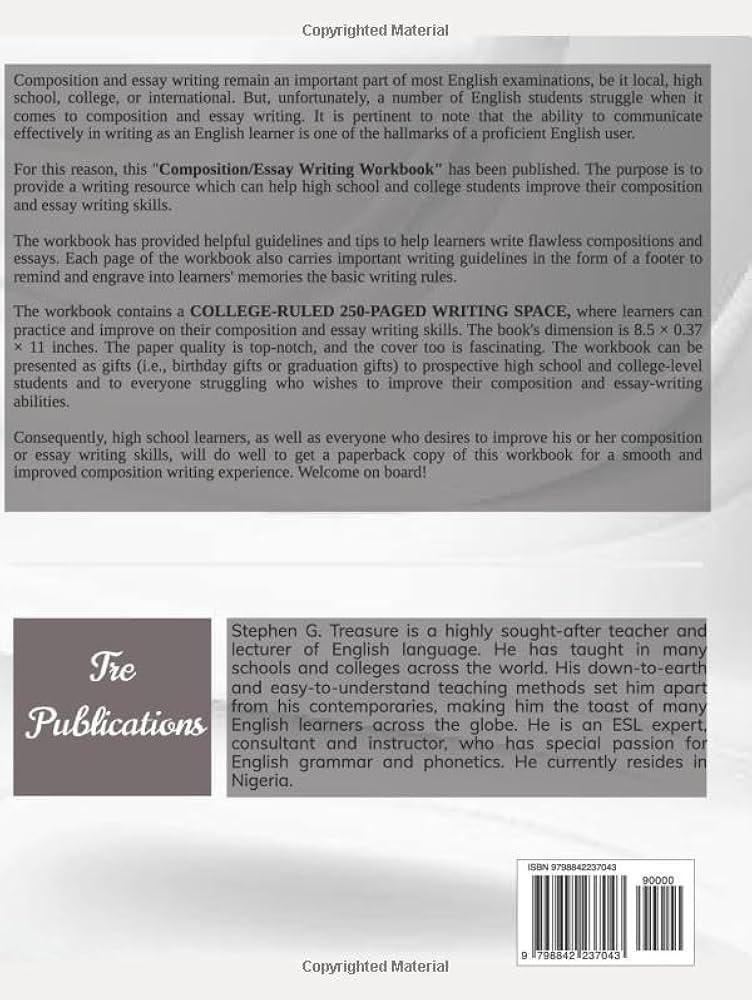South Africa’s Stance on Sovereignty Amidst Growing US Isolation Pressures
In a significant statement reflecting the current geopolitical climate, the chairperson of South Africa’s ruling party, the African National Congress (ANC), has reaffirmed the country’s dedication to safeguarding its sovereignty in light of escalating pressures from the United States.This declaration emerges during a period when diplomatic ties between South Africa and the US are being closely examined, particularly concerning military partnerships and foreign policy alignment. As South Africa seeks to define its role on the global stage,this position highlights its efforts to balance longstanding relationships with new alliances while striving for greater independence from external influences. This article delves into the ramifications of these assertions,contextualizes US-South African relations,and explores their broader implications for regional stability.
Reaffirming Sovereignty in Response to US Isolation Pressures
Amid rising tensions between superpowers like the United States and various nations worldwide, South Africa’s ruling party, ANC, has reiterated its resolve to uphold national sovereignty. Recent comments by ANC chairperson Fikile Mbalula underscore concerns regarding external pressures that threaten autonomy.This commitment resonates within a global context where countries such as South Africa must navigate intricate international relationships while prioritizing their own interests.
The stance taken by South Africa mirrors a growing trend among nations resisting undue influence from dominant powers. Mbalula asserted that South Africa will not yield to coercive diplomacy or external demands but will rather focus on basic principles such as independence and self-determination. The leadership of ANC proposes several strategies aimed at:
- Bolstering Regional Alliances: Strengthening ties with neighboring countries.
- Pursuing Economic Independence: Encouraging local production and diversifying trade options.
- Upholding Political Integrity: Advocating for non-alignment in global conflicts.
The evolving geopolitical landscape compels nations like South Africa to foster cooperative relationships grounded in mutual respect rather than coercion. As it navigates these dynamics, maintaining sovereignty remains paramount for Pretoria as it endeavors to establish a unique path that honors both national interests and solidarity with other developing nations.
Effects of US Relations on Foreign Policy and Domestic Stability in South Africa
The recent strains between Washington D.C. and Pretoria have prompted renewed scrutiny over how these relations impact South African foreign policy‚ÄĒparticularly regarding national autonomy and domestic stability. The ANC chair recently emphasized that despite increasing tensions with the United States, South Africa remains steadfastly committed to preserving its independence‚ÄĒa strategy designed around maintaining equilibrium in international affairs while strengthening connections with emerging economies alongside managing complex interactions with Western powers.
A variety of factors are shaping South Africa’s approach amid these geopolitical shifts:
- Evolving Trade Relations: With an economy heavily reliant on exports, sustaining strong trade routes is essential for growth.
- Navigating Security Challenges: Addressing both internal security issues as well as external threats necessitates careful foreign policy focused on peacekeeping efforts.
- Diverse Geopolitical Alliances: Enhanced engagement with BRICS countries signifies a pivot towards multipolarity in international relations.
- Civic Sentiment Influence:Citizen perspectives regarding foreign policy can significantly affect domestic stability; thus public engagement is crucial.
| Aspect | Impact of U.S Relations |
|---|---|
| Economic Stability | Potential fluctuations affecting trade agreements & investments . |
| Regional Security | Increased collaboration among allied nations . |
| Public Opinion | Mixed effects impacting governmental legitimacy & protests. |
Strategies for Enhancing Diplomatic Approaches Amid Global Challenges
Navigating an increasingly complex global environment requires that South African diplomacy adopts multifaceted strategies aimed at reinforcing sovereignty while promoting international cooperation effectively. Key recommendations include :
- Strengthening Regional Collaborations : Intensify partnerships within neighboring African states through organizations like SADC & AU ,creating unified fronts amplifying collective voices globally .
- Diverse Economic Partnerships :Pursue trade agreements beyond traditional partners (e.g., U.S., EU) including emerging markets across Asia & Latin America , thereby diversifying economic dependencies expanding potential trading opportunities.
- Cultivating Soft Power Initiatives :Create cultural exchanges , educational collaborations , environmental sustainability projects enhancing SA’s image influence internationally.
- Dedicating Resources Towards Digital Diplomacy :Utilize social media platforms digital tools engaging effectively audiences globally allowing real-time dialog responses narratives surrounding SA’s policies.
Additionally addressing geopolitical tensions impacting SA’s positioning necessitates establishing frameworks prioritizing conflict resolution negotiation processes ; consider implementing :
| </th |
|---|
Conclusion: Charting A Path Forward</h2
To conclude,the statements made by ANC leadership highlight unwavering commitment towards preserving national autonomy amidst escalating tensions involving U.S.A.As geopolitics evolve,Pretoria's positioning reveals intricate dynamics balancing domestic priorities alongside broader international engagements.The government’s approach ignites vital conversations about implications surrounding future foreign policies roles played globally.Watchers keenly observe developments particularly how ongoing strains may shape both internal agendas abroad moving forward into upcoming months ahead!







